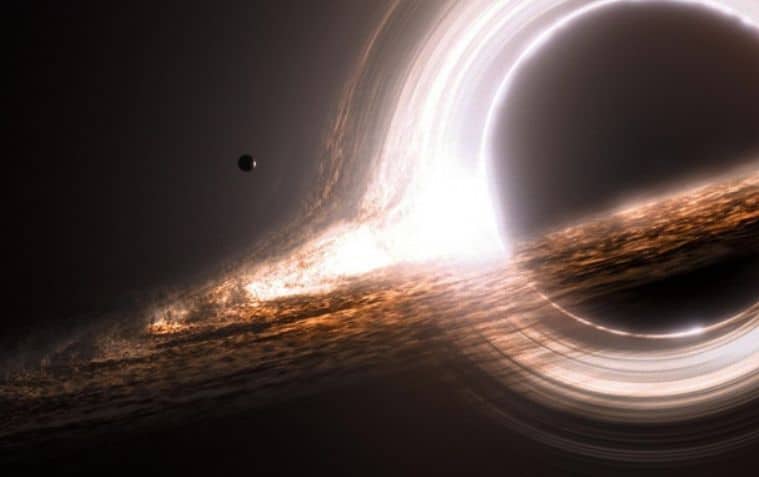The black hole, which is 34 billion times the mass of the Sun, has a gigantic “appetite”. It absorbs a whole star every earthly day.
Astronomers have discovered a supergiant black hole that absorbs a mass equivalent to that of the Sun every 24 hours. The object, known as SMSS J215728.21-360215.1, is 12 billion light-years from Earth and 34 billion times the mass of the Sun.
“It’s the biggest black hole that’s been weighed in this early period of the universe,” said Christian Wolfe of the Australian National University.
The mass of the black hole of interest to scientists is growing very rapidly. It gets heavier by one per cent every million years. Plus, its accretion disk is 10,000 times brighter than the galaxy it is in.
Astronomers are trying to understand how such massive black holes could have evolved in the early days of the universe.
According to the author, “This black hole is growing so rapidly that it’s shining thousands of times more brightly than an entire galaxy, due to all of the gases it sucks in daily that causes lots of friction and heat”.
